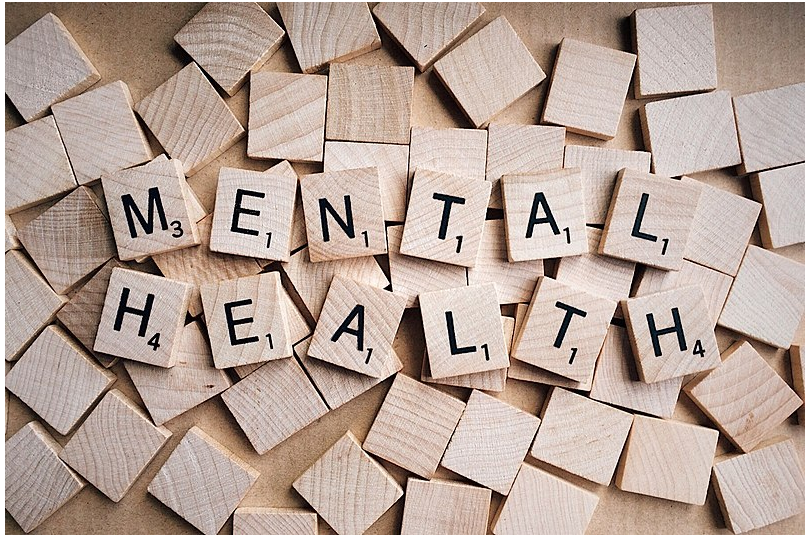Student success starts with stability
Photo courtesy of Wikimedia Commons from Pixabay under Creative Commons License
Maintaining a stable mentality is just as important as physical health and can affect performance in school.
March 10, 2020
Suicide—the terrifying chasm looming below a landscape of normalcy. Whether it is a daily dose of stress or a constant barrage of hopelessness, poor mental health can be influenced by a wide range of circumstances, but the fear of this final frontier has driven FCPS to reevaluate its curriculum to stress the importance of maintaining stable mental health. However, as the problem of addressing the issue persists, it must be considered whether our own school is doing enough.
In the academically and professionally competitive environment of Northern Virginia, FCPS has long taken pride in the students it has produced. Among the attributes flaunted on its website are a diverse community of students and an average of 92% on time graduation rate in schools that are “among the most challenging high schools in the U.S.” according to education columnist Jay Matthews. But under all the pomp and circumstance is the pressure placed on students to maintain these elevated standards.
WS students are no strangers to the propaganda thrown at them encouraging them to challenge themselves. Before the end of the first quarter of freshman year, kids are bombarded with the reality that their childhood is quickly fading as college is a short four years away, and every year leading up to it counts. By the end of the year, teachers are cramming them full of information to get them to pass their precious SOL’s that determine the school’s national rank and bear no weight on students’ actual grades or intelligence. Junior year hits the hardest for many when course loads are full of AP classes paired with extracurricular clubs and sports meant to make students’ resumes more attractive ahead of applying to college. Add social stresses of daily life and the concoction can be consuming; it is no surprise that many feel as though they are growing up too fast.
In the span of three years, W.T. Woodson lost six students to suicide. All of them were exemplary achievers in their educational careers from talented athletes to AP students. According to an article by Washington Post columnist Petula Dvorak, after the tragedies of 2011 to 2014, the school took aggressive action to improve their mental health policy. Health curriculum and school councilship were revised as well as new awareness methods implemented to fight the daily stress characteristic of school life. Perhaps the most innovative strategy was the introduction of a schedule simulator on their website that helps students organize their workloads and extracurricular activities for the upcoming year prior to course selection. It uses this information to break down the overall average workload into every day of the week, accounting for sleep and leftover free time dedicated to critical downtime and self care.
WS could take a few notes from Woodson’s tactics. The list of hotlines and resources usually only serve to indicate that there is something fundamentally wrong with the student instead of achieving their intended purpose to aid. Students need direct outreach that does not alienate them as a societal hazard. Small steps have been taken with the Sources of Strength club that provides a refreshing change to the melodramatic messages regarding mental health by highlighting the good. Stress is a common fact of life, and it is healthy to sometimes push oneself to achieve a higher goal as long as you do not let it intrude on other fundamental aspects of your life. Simply “coping” is no way to live.
The anxious and depressed moods that are caused and worsened by stress could more easily be dampened, however, if WS took more proactive measures in caring for the health of its students on a more regular basis. While there are mental health resources available for students, more often than not it takes someone reaching out to them individually for a student to feel comfortable getting help. At a time when the student body frequently feels isolated from administration, the likelihood of students seeking help from it is even less likely. Administration should make more of an effort to engage with some of the students it oversees in order to better understand how it can help them. Simply listening and responding to some students’ ideas for improving the school would go a long way as both parties would learn to work together for a common goal instead of against each other. Students would feel like their voices are heard and that their time at WS has made a difference for future Spartans. We want to feel appreciated by our school as much as any staff member, and this starts by building better relationships with administration to establish trust, allowing Admin to more effectively contribute to its students’ mental health.





